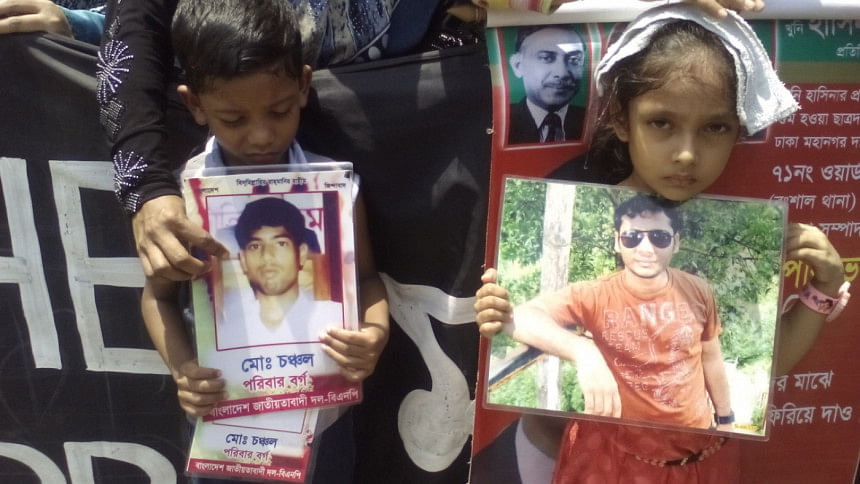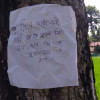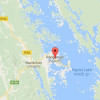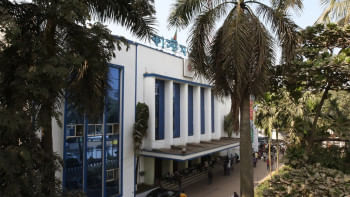Where are they?

Before her father disappeared, Rayta was a bright and cheerful girl. Now she is often depressed and spends most of her time at a corner of her home.
Her mother and aunts are regularly taking her to a therapist. The 12-year-old hardly goes to school or studies.
Her father Sajedul Islam Suman had gone missing from the capital in December 2013.
“She is very attached to her father, we don't know if she will ever become normal again,” said her aunt Ferdousi Islam.
The worlds of many children and families have shattered with the disappearances of their loved ones.
From January last year to April this year, 80 people were forced to disappear, according to rights body Ain O Salish Kendra.
Of them, 14 people were found dead, seven returned, and seven others were later shown arrested by law enforcers, it added.
The rest remain unaccounted for, it said.
Mayer Dak, an organisation of 19 such families, yesterday formed a human chain under the banner “Mayer Dak” in front of the Jatiya Press Club in the capital, seeking the prime minister's intervention to get back their loved ones before Ramadan. Many children of the people who had disappeared joined the human chain braving the scorching heat.
Since the disappearances, the families had written to the home ministry, formed human chains and arranged press briefings several times, seeking the authorities' help in finding out whether their loved ones were detained, deceased or alive.
But all their efforts went in vain.
Rayta's father Suman, along with seven others, went missing from the capital in December 2013. Their families alleged that all of them were victims of forced disappearances by Rapid Action Battalion.
Rab-1 picked up six of them, including Suman, from the capital's Bashundhara Residential Area and two others from Shaheenbagh between 8:00pm on December 4 and 2:00am on December 5, according to the families.
The seven others were: Zahidul Karim Tanvir, Mazharul Islam Russel, Abdul Quader Bhuiyan Masum, Asaduzzaman Rana, Al Amin, Adnan Chowdhury and Kawsar Ahmed.
At Suman's Shaheenbagh house, pictures of him hang on the walls of the living room where Rayta and her five-year-old sister would often come and sit quietly. “Our hopes have begun to fade. But we don't know what to tell the girls,” Ferdousi told this correspondent yesterday.
At the human chain, five-year-old Abida was seen holding a picture of her father Parvez Hossain. “I want him to come back before Eid,” she said.
Her mother Farzana Akhter alleged that Parvez was picked up by law enforcers from Shahbagh on December 2, 2013.
Nur Khan, acting executive director of Ain O Salish Kendra, who was present at the human chain, said the people have reasons to suspect that the state was responsible for the incidents of forced disappearances.
“The suspicion only deepened after what we see in Narayanganj seven-murder case,” he said.
Nur also noted that law enforcers were often reluctant to record complaints that involve members of law enforcement agencies.

 For all latest news, follow The Daily Star's Google News channel.
For all latest news, follow The Daily Star's Google News channel. 








Comments